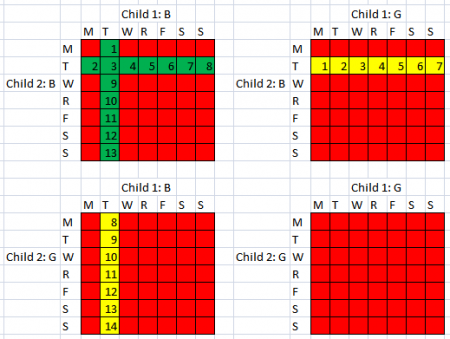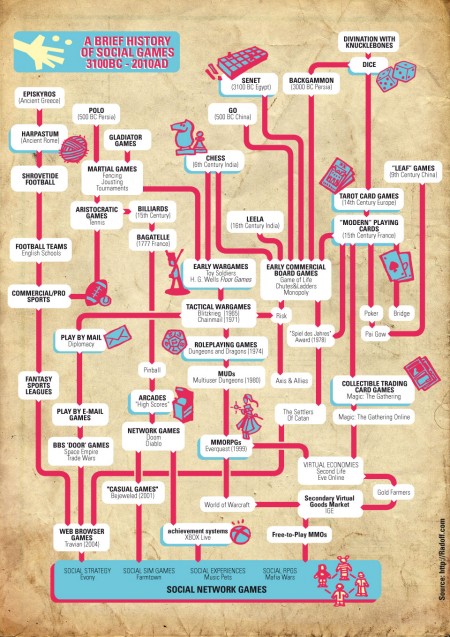In my experience, we Europeans tend not to think of soccer (yes, football) as particularly left-wing or democratic, or egalitarian, or non-competitive, but with the World Cup just starting, a few U.S. commentators have been arguing in full force for exactly that.
Here’s Gary Schmitt explaining that Americans (read: U.S. Americans) only enjoy sports in which the best team wins. Latin Americans and Europeans are different of course.
For sure, there may be a number of reasons that is the case but my suspicion is that the so-called “beautiful game” is not so beautiful to American sensibilities. We like, as good small “d” democrats, our underdogs for sure but we also still expect folks in the end to get their just desert. And, in sports, that means excellence should prevail. Of course, the fact that is often not the case when it comes to soccer may be precisely the reason the sport is so popular in the countries of Latin America and Europe.
Oh, Gary’s evidence that soccer is not about the best team winning: The U.S. beating Spain last year in the Confederations Cup.
Here’s Matthew Philbin similarly arguing that soccer doesn’t require skill, agility and so on, unlike American sports.
And to conservatives, the troubling aspects of the game aren’t confined to the pros. Soccer requires comparatively little from children but the ability to run after the ball – the risk of failure for anyone except maybe the goal keeper is zero. Even the strong chance that any given game will end in a tie makes it attractive for parents reluctant to impart life’s difficult lessons to young kids.
It must baffle soccer partisans that Americans haven’t taken to their game. After all, the United States is a sports-obsessed nation.
Americans look to sports to teach work ethic, teamwork and responsibility, in addition to the physical and mental skills necessary for competition. They love underdogs and “Cinderella stories” and “Evil Empires” and “bums,” “Hogs” and “No-Name Defenses.”
And Americans like to think their sports reflect something about them. Michael Shackelford of Bleacher Report praised football because it, “requires a combination of power and agility, brute strength, and grace … In other words, it requires American characteristics in order to succeed.”
You can’t make this stuff up.
(Links via Gawker.)


